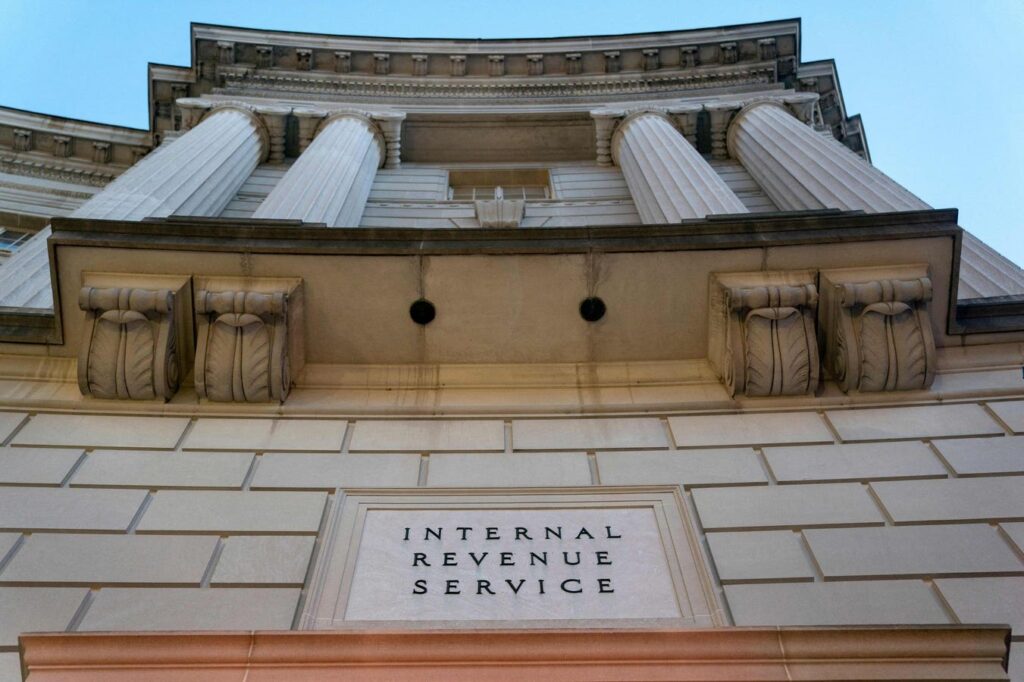The tax season opened on Monday, January 27, 2025, right on schedule, with the Internal Revenue Service expecting 140 million individual tax returns to be filed by April 15, 2025.
Still, it didn’t feel like a normal open to the tax season. The IRS is currently without a permanent commissioner. A Trump Administration hiring freeze at the tax agency has begun, with existing job offers being rescinded. Meanwhile, at a rally in Las Vegas on Saturday, President Trump suggested he might fire some current IRS workers or move those authorized to carry guns to the border for immigration enforcement.
All this got taxpayers began to wondering how different the tax season might be. Early on, it was just chatter. Then, Adam Markowitz, an enrolled agent in Windermere, Florida, posted on BlueSky, “I’ve now had three conversations this week telling people that yes, they still have to file tax returns this year. Are we really at this point?”
I didn’t understand the confusion until tax professionals, including Adam, pointed out that some taxpayers feel that they don’t have to file their taxes because of suggestions that the administration may shutter the doors of the IRS. Sure enough, the post prompted several replies, including one that said simply, “Why bother. Aren’t they getting rid of the IRS?”
My clients began asking similar questions. One even referenced a press release from Ways and Means touting “President Trump’s Cease and Desist to IRS” and asked whether this meant that he no longer had to pay. The release (the full title of which is “President Trump’s Cease and Desist to IRS Protects Middle Class Families and Small Businesses from IRS Audits and Weaponization”) does not say that the IRS will no longer collect revenue. Instead, it references the hiring freeze as a solution to “Americans’ fears of a supercharged Internal Revenue Service (IRS).”
So, let me be clear.
This is not a normal tax season. There is no permanent IRS commissioner in place and the pace of normal tax season communications from the IRS— reminders and tips for taxpayers, along with warnings to avoid filing season scams—has dramatically slowed.
But that does not mean that you don’t have to file. It does not mean that you don’t have to pay. Your tax obligations on January 20, 2025, and today, remain exactly the same as they were on January 19, 2025.
Gambling on the idea that the current administration might eliminate the IRS and tax filing obligations during tax season is just that—a gamble. And it’s a reckless one at that.
Here are the facts.
During Fiscal Year (FY) 2023, the IRS collected nearly $4.7 trillion in gross taxes—approximately 96% of the funding for the federal government’s operations. This funding supports our military, our parks, our roads and bridges, our veterans’ benefits—and pays those Congressional salaries.
Do we expect to see spending cuts and tax law changes? Yes. But the existing programs—many of which can’t simply be dismissed—aren’t paying for themselves. Tax revenues are what keeps the lights on in the federal government. Plus, the returns now being filed reflect your 2024 income and tax obligations.
Bottom line: There are no realistic plans to put the brakes on tax season. You must file by April 15th, unless you qualify for an automatic delay (because say, you’re in the zone of a recent disaster) or apply for an extension.
Read the full article here

